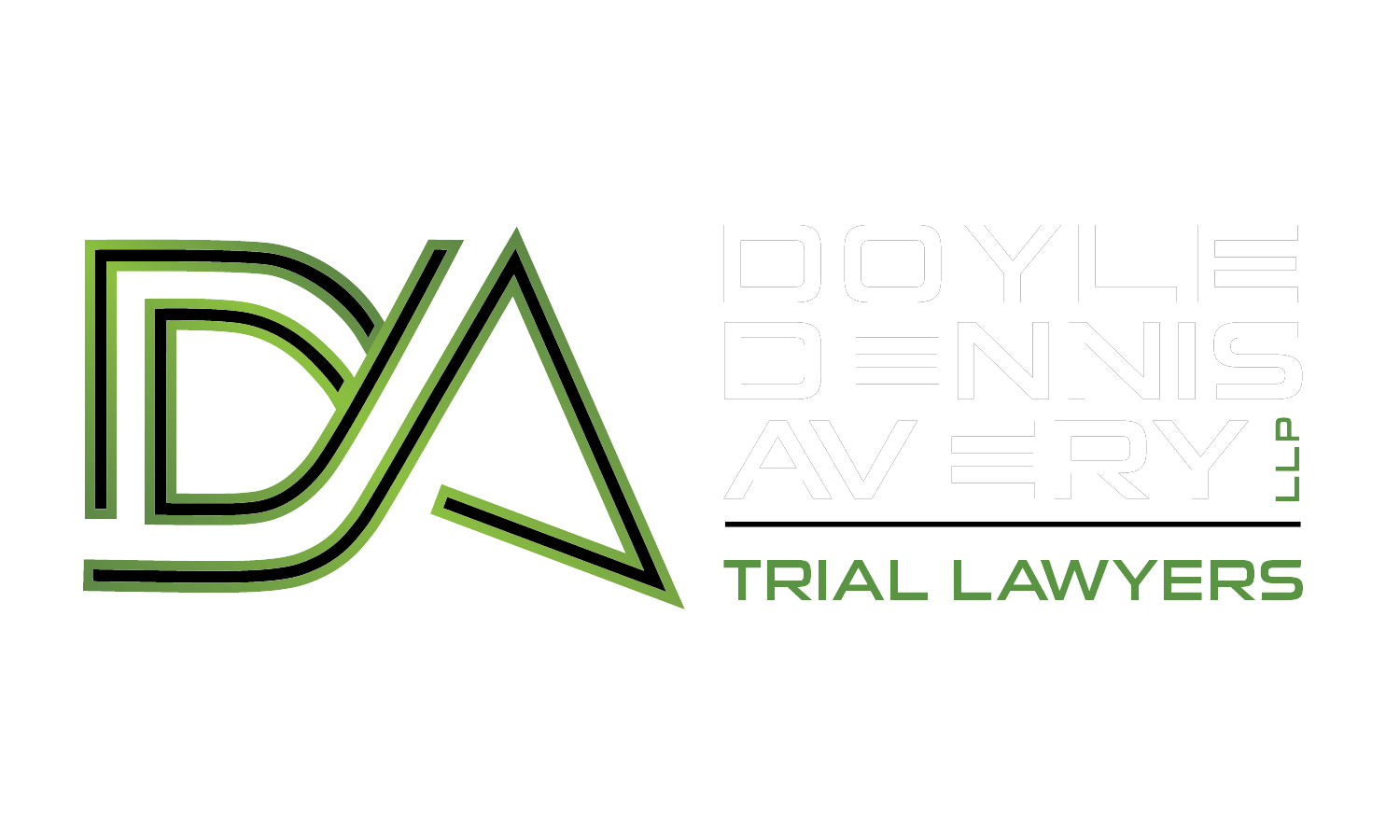Jones Actretaliation
Doyle Dennis Avery LLP represents seaman who have been wrongfully terminated following an on-the-job injury or claim for maintenance and cure.
Who is protected?
A federal maritime common law claim for retaliation applies only to employees who qualify as seaman under the Jones Act. Unlike the broader Seaman Protection Act, a Jones Act seaman is not defined by Congress and has been subject to extensive debate and litigation. The Fifth Circuit has recently set the following test to determine whether an individual is a seaman:
- Does the worker owe his allegiance to the vessel, rather than simply to a shoreside employer?
- Is the work sea-based or involve seagoing activity?
- (a) Is the worker’s assignment to a vessel limited to performance of a discrete task after which the worker’s connection to the vessel ends, or (b) Does the worker’s assignment include sailing with the vessel from port to port or location to location?
Because the definition of seaman is particularly fact driven, it is important to contact a lawyer to determine if you qualify for protection.
What is protected?
Absent a contractual agreement to the contrary, a seaman’s employment is generally terminable at will. See Smith v. Atlas Off-Shore Boat Serv., Inc., 653 F.2d 1057, 1060 (5th Cir. 1981). In some circumstances, however, a court sitting in admiralty will recognize a wrongful termination cause of action when the termination violates an important public policy. Seymore v. Lake Tahoe Cruises, 888 F. Supp. 1029 (E.D. Cal. 1995)
In Smith, the Fifth Circuit held that a seaman who was fired in retaliation for filing a personal injury action under the Jones Act could bring a wrongful termination claim under the general federal maritime law. See Smith, 653 F.2d 1057. The Court noted that the “employer’s discharge of the at-will seaman-employee, while it is in essence a lawful act, should not be used as a means of effectuating a purpose ulterior to that for which the right was designed.” Indeed, “the employer should not be permitted to use his absolute discharge right to retaliate against a seaman for seeking to recover what is due him or to intimidate the seaman from seeking legal redress.” And the Court further concluded that “the seaman who is subjected to discharge in retaliation for filing a Jones Act claim is entitled to maintain an action, sounding in maritime tort, for abusive discharge if he is able to satisfy the burden of establishing that his personal injury claim was a substantial motivating factor for the discharge.
What are the deadlines for filing a claim?
Like other claims falling under maritime law, a retaliation claim under the Jones Act is likely governed by a three-year statute of limitations. McCartney v. Kanawha River Towing, 921 F. Supp. 1504 (S.D.W.Va. 1998).
How can I prove retaliation?
Under federal maritime law, a seaman who is subjected to discharge in retaliation for filing a Jones Act claim has the burden of establishing that his personal injury claim was a substantial motivating factor for the discharge. Specifically, the seaman must show that employers’ knowledge that the seaman either intends to file, or has already filed a personal injury action against the employer and that was a substantial motivating factor in the discharge. The employer may, on the other hand, defeat the seaman’s action by demonstrating that the personal injury action was not a substantial motivating factor for the discharge.
What Damages are available?
Federal courts have authorized a seaman to recover lost wages, mental anguish, and punitive damages for a common law retaliation claim. However, the seaman can obtain a double recover for damages caused by the personal injury/Jones Act claim.
Doyle Dennis Avery LLP has been ranked by U.S. News as one of the best Admiralty & Maritime Law firms in the nation and in Texas. Mike Doyle is a past chair of the American Association of Justice, Admiralty Section, and Jeff Avery is currently the Vice-Chair. At the start of 2022, Doyle Dennis Avery LLP secured a $7.8 million verdict on behalf of a seaman in the case Gillies v. Valaris PLC. Doyle Dennis Avery LLP has also obtained other important verdicts in favor of seaman, including the following Jones Act verdicts:
- $2.14 Million in Pike v. SeaRiver Maritime, Inc.;
- $1.75 Million in Roberts v. Rigdon Marine;
- $1.6 Million in Burch v. Westerngeco Resources (Schlumberger);
- $4.5 Million in Norfleet v. Chemikalien Seetransport and Heidenreich Marine; and
- $1.22 Million in Hamilton v. Great Lakes Dredge & Dock Company.
If you are a Seaman that has been retaliated against or terminated after suffering an on-the-job injury or making a Jones Act claim, contact the admiralty attorneys at Doyle Dennis Avery LLP.
Copyright © 2024 Doyle Dennis Avery LLP Trial Lawyers. All rights reserved. Powered By Blue Beam LLC
The information on this website is intended for general informational purposes only and is not legal advice for any individual case or situation. Viewing or receipt of content on this website does not create an attorney-client relationship between the user and Doyle Dennis Avery LLP.
The cases, verdicts and settlements displayed on this site are solely for illustrative purposes and should not be considered a guarantee or prediction of the outcome of any other claims or cases. Each case is unique, and past outcomes are not indicative of future results.
We recommend that users consult with an attorney for legal advice on any questions or concerns they may have. Users rely on the information on this website at their own risk.
